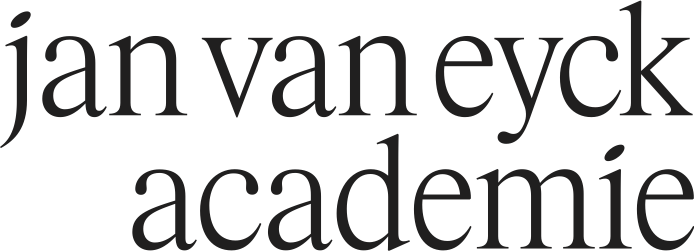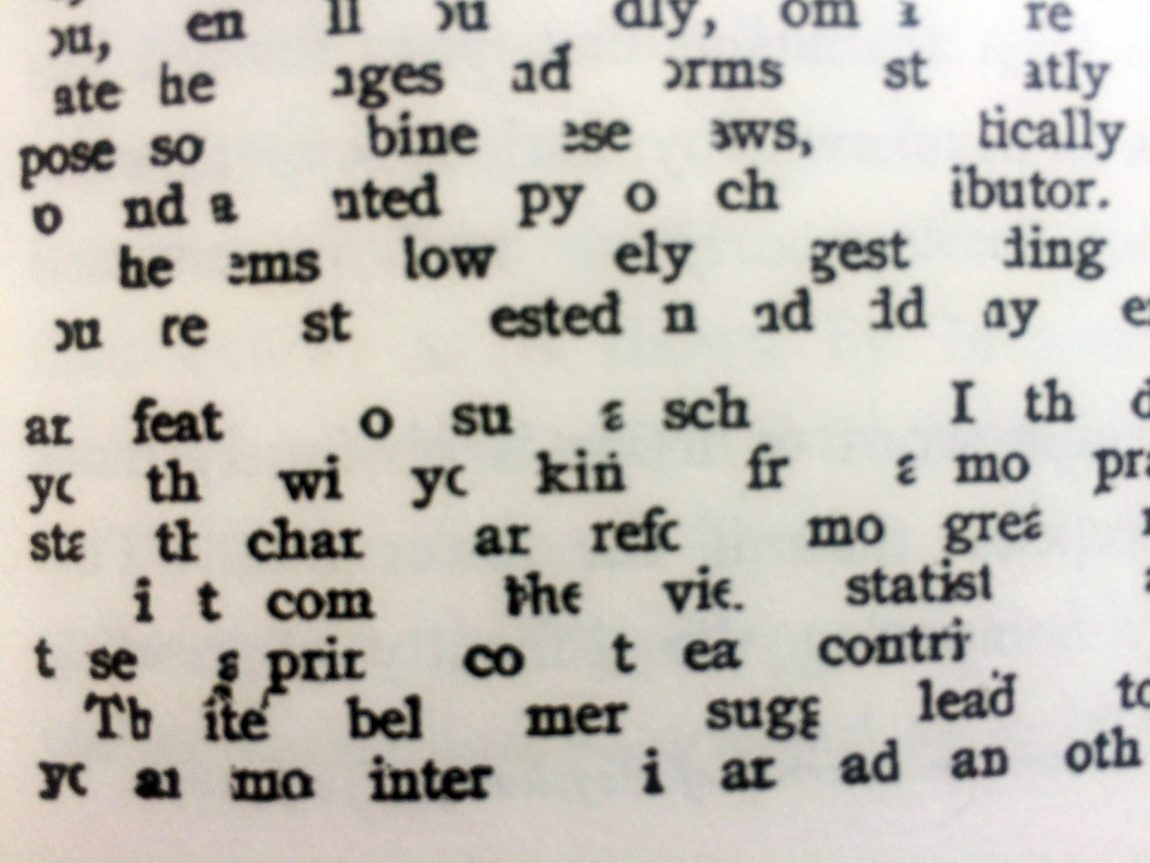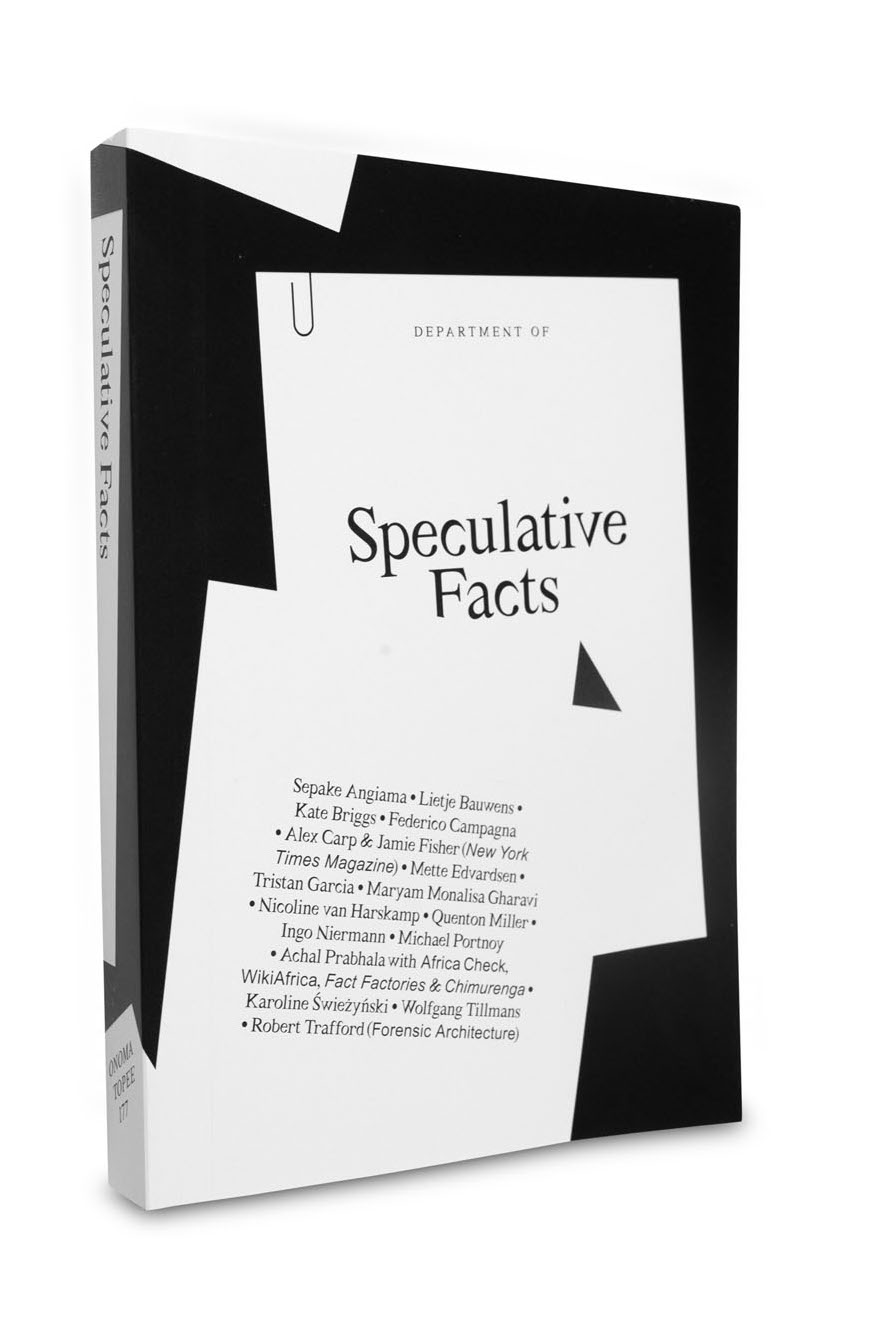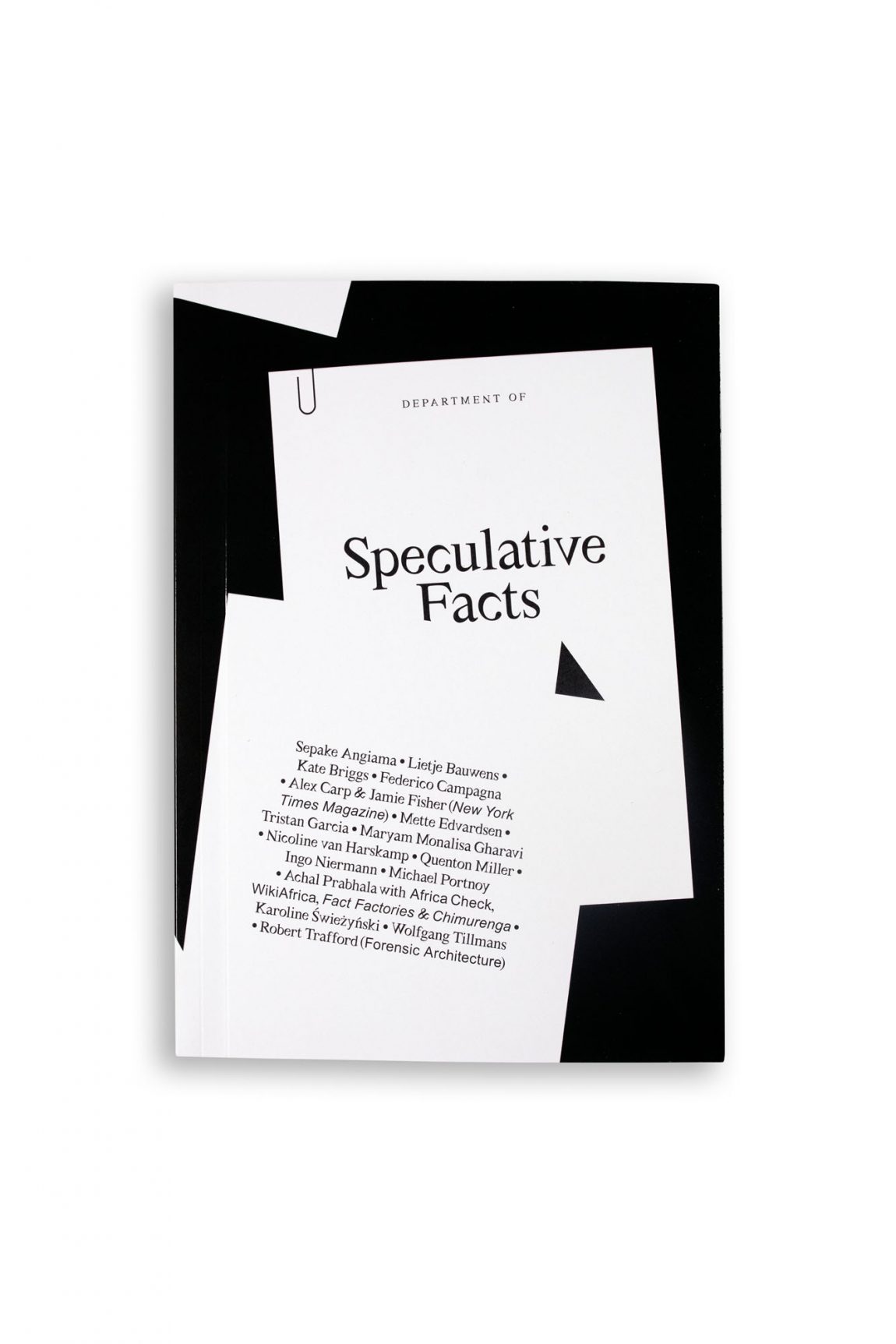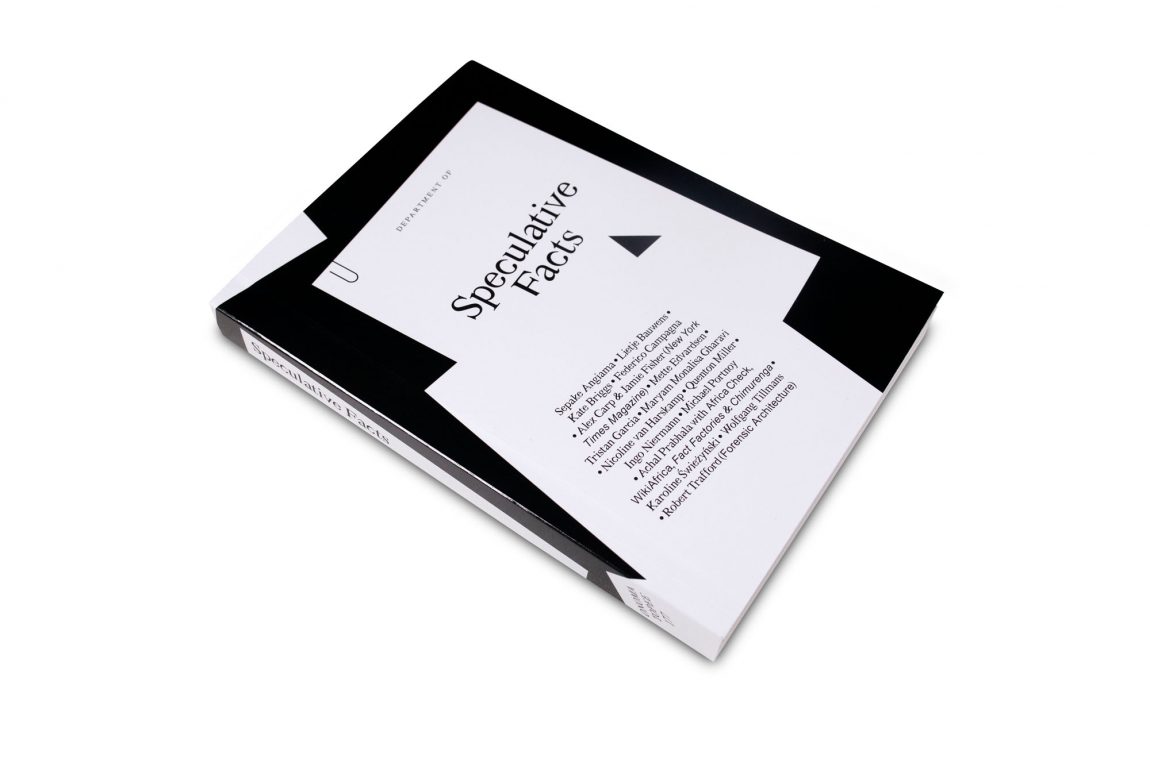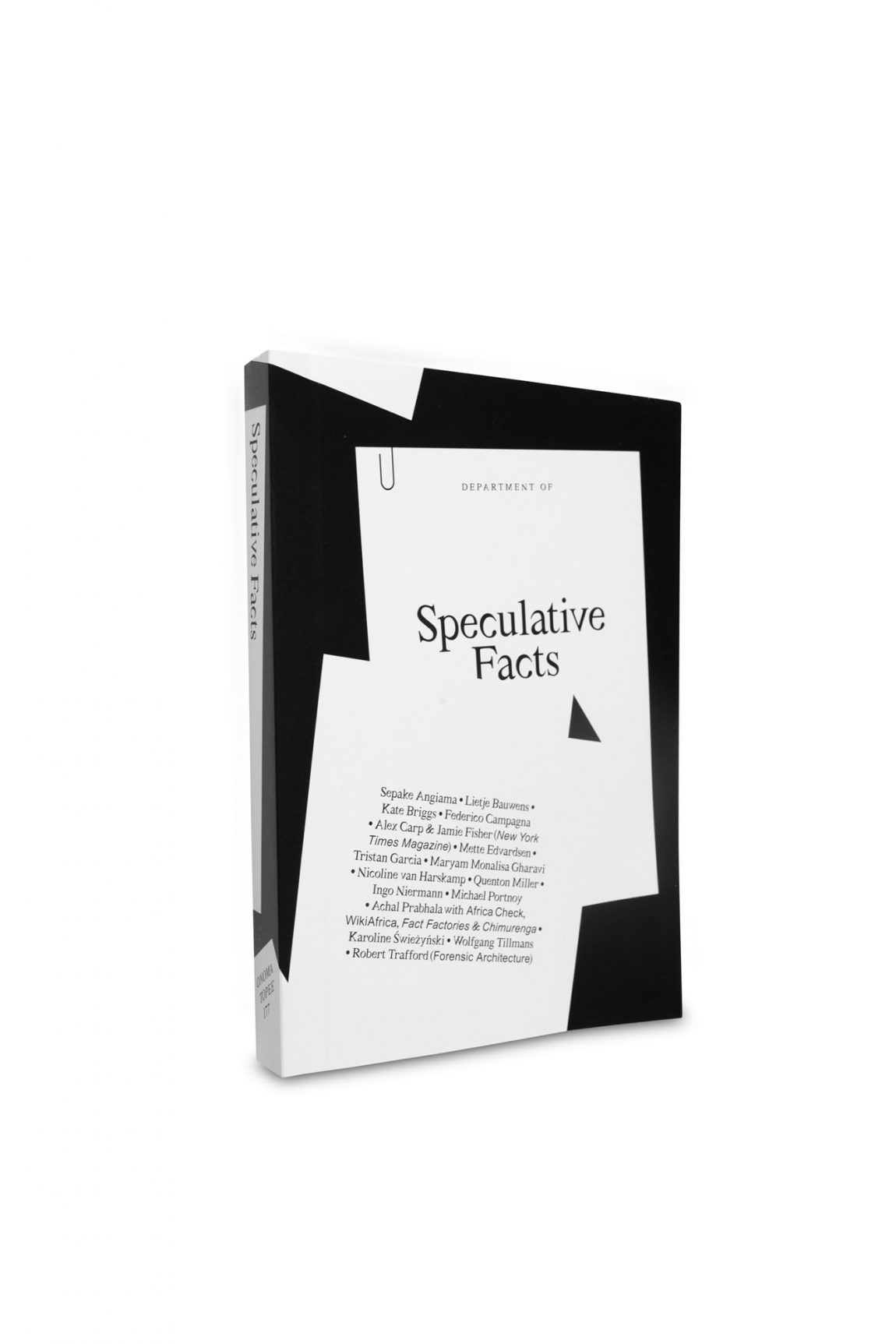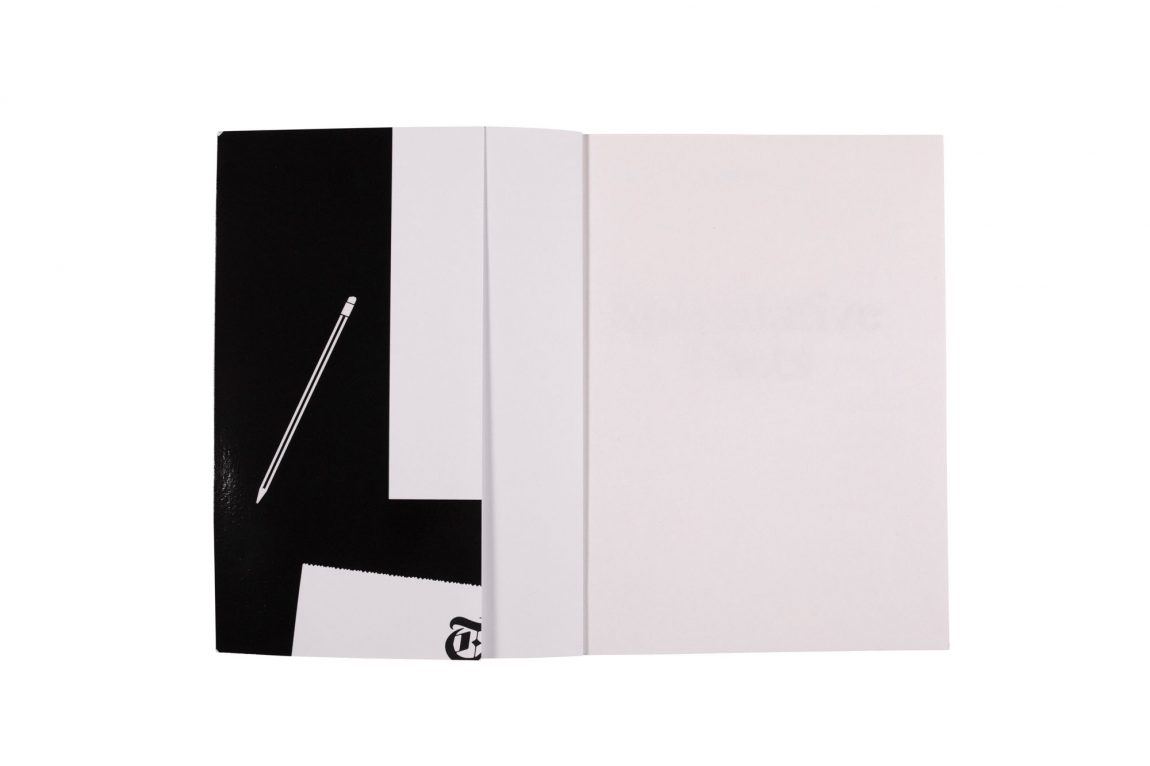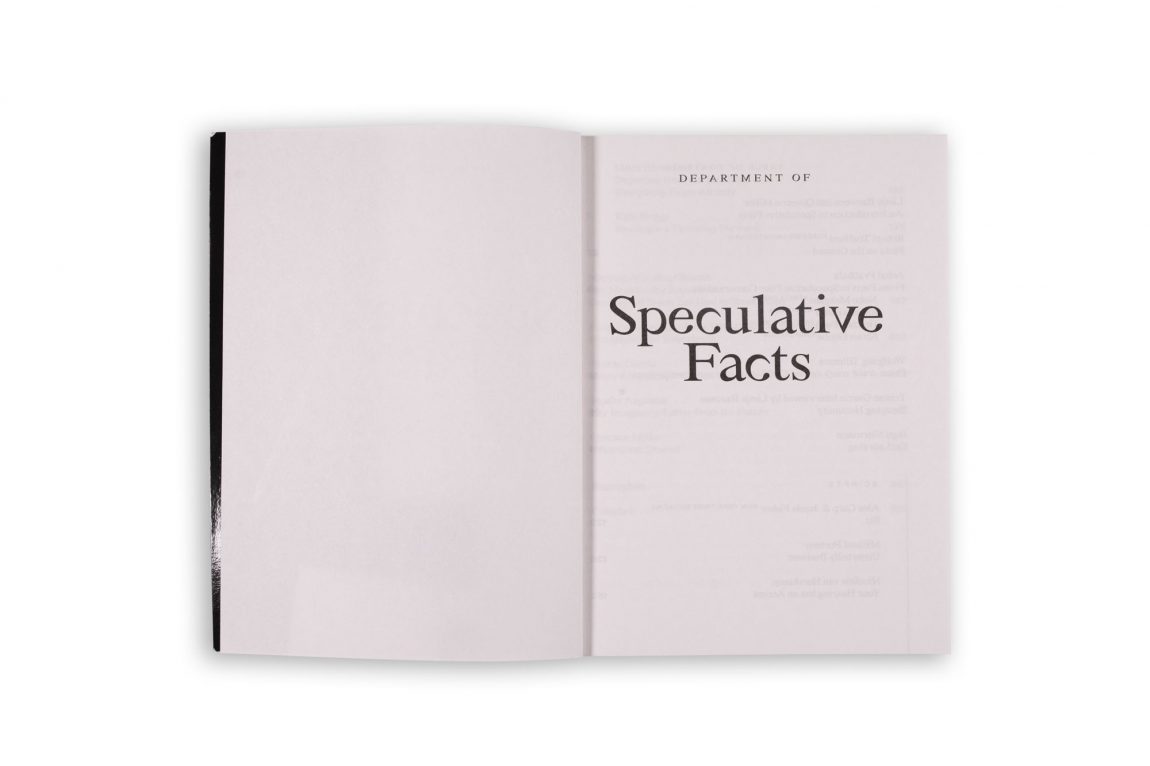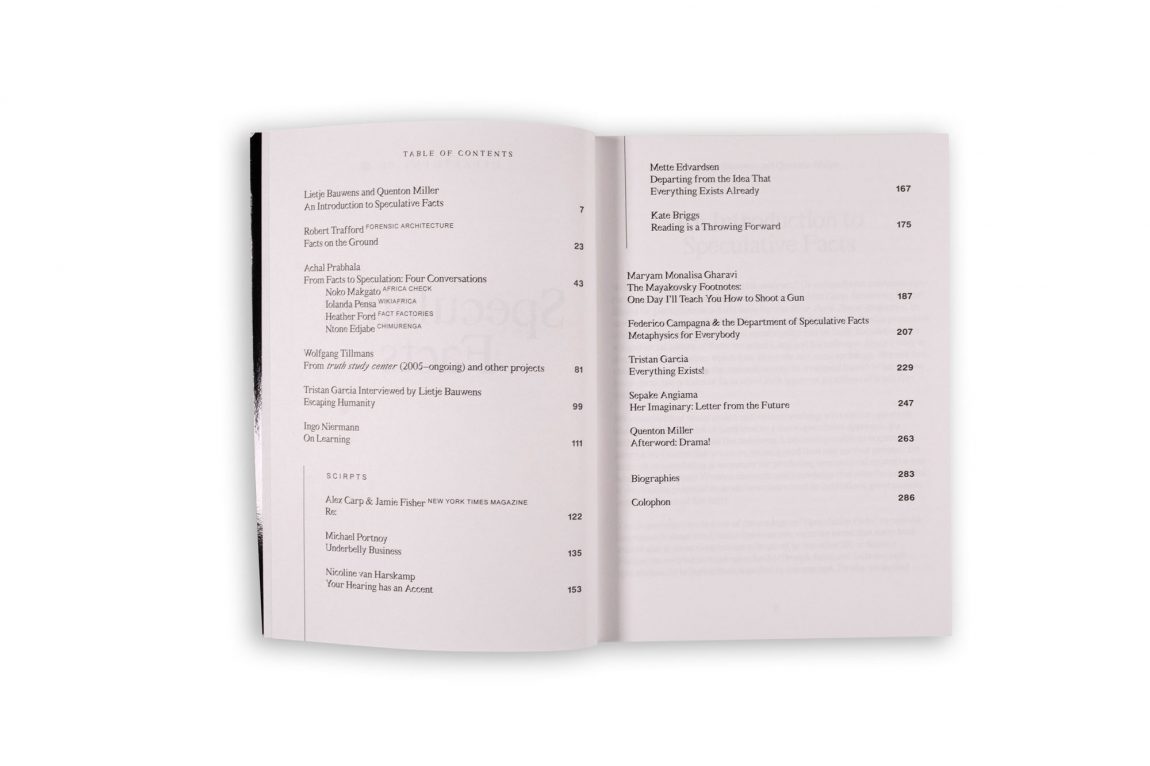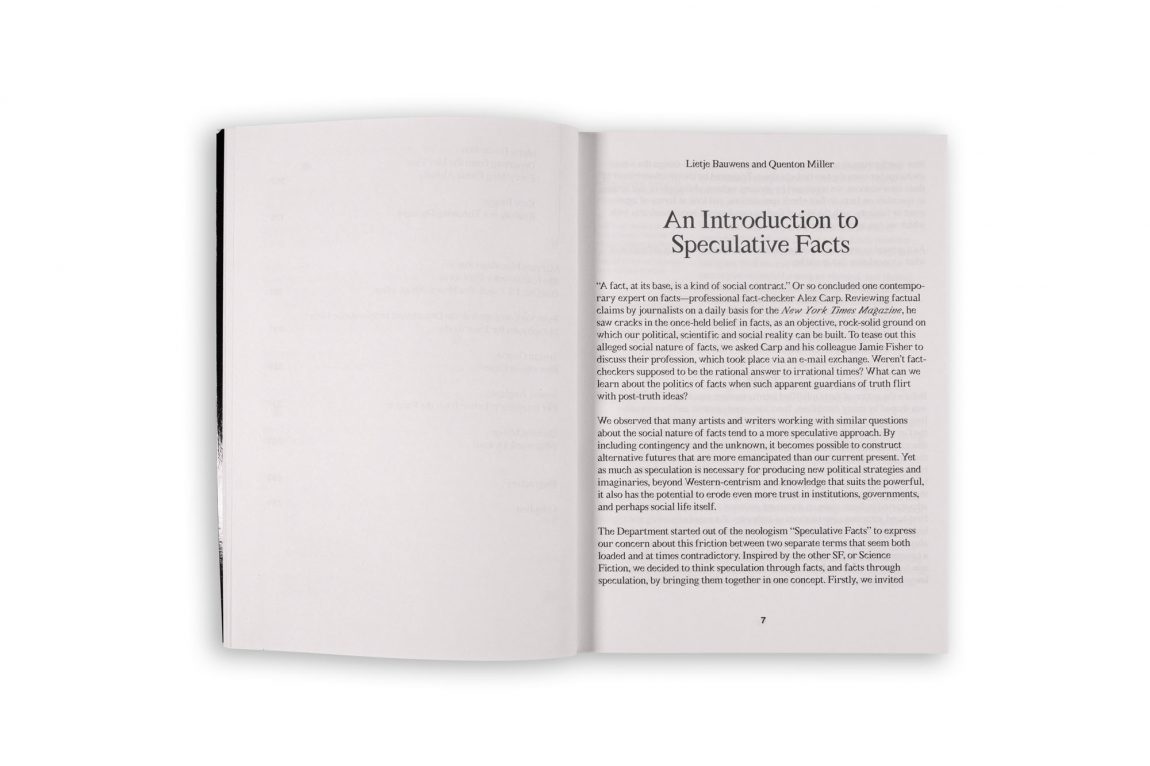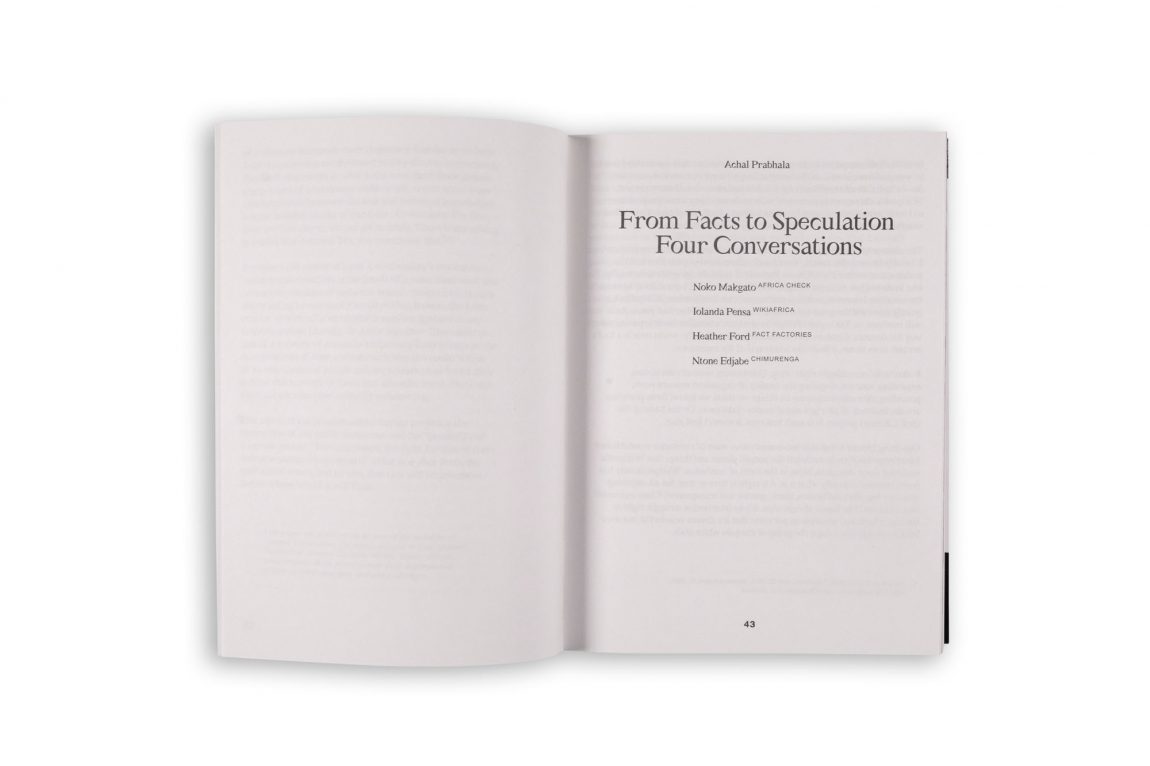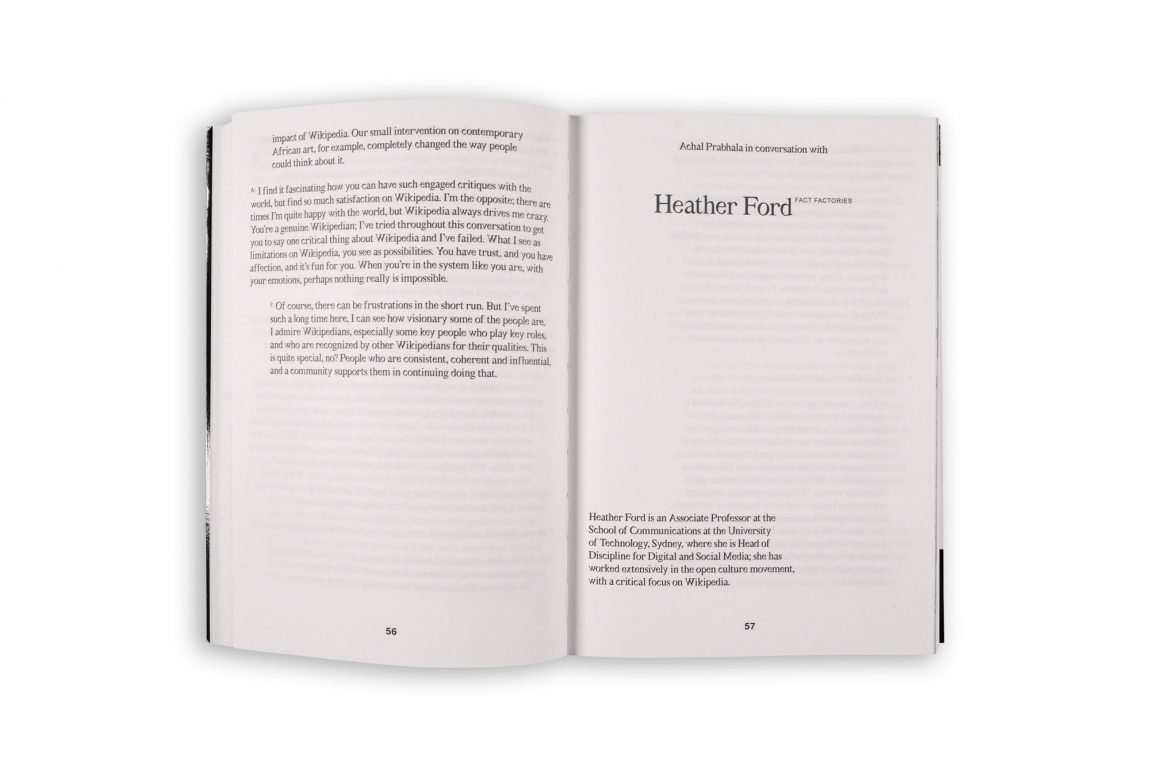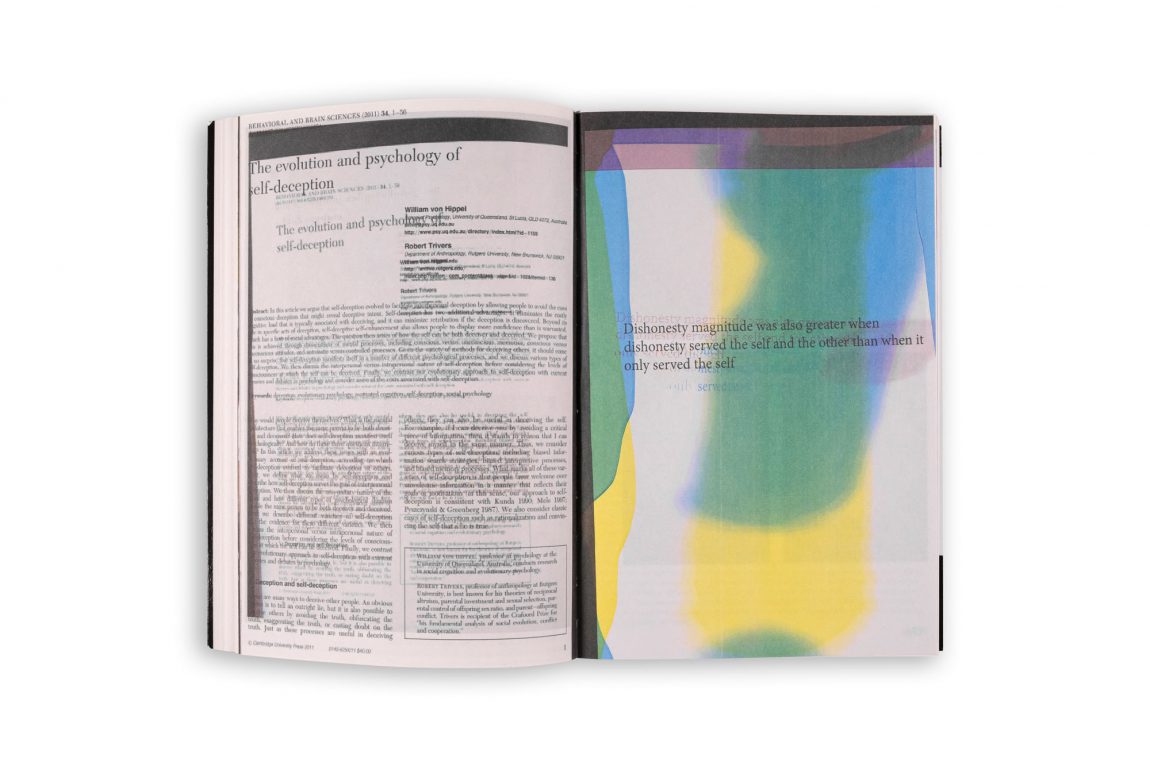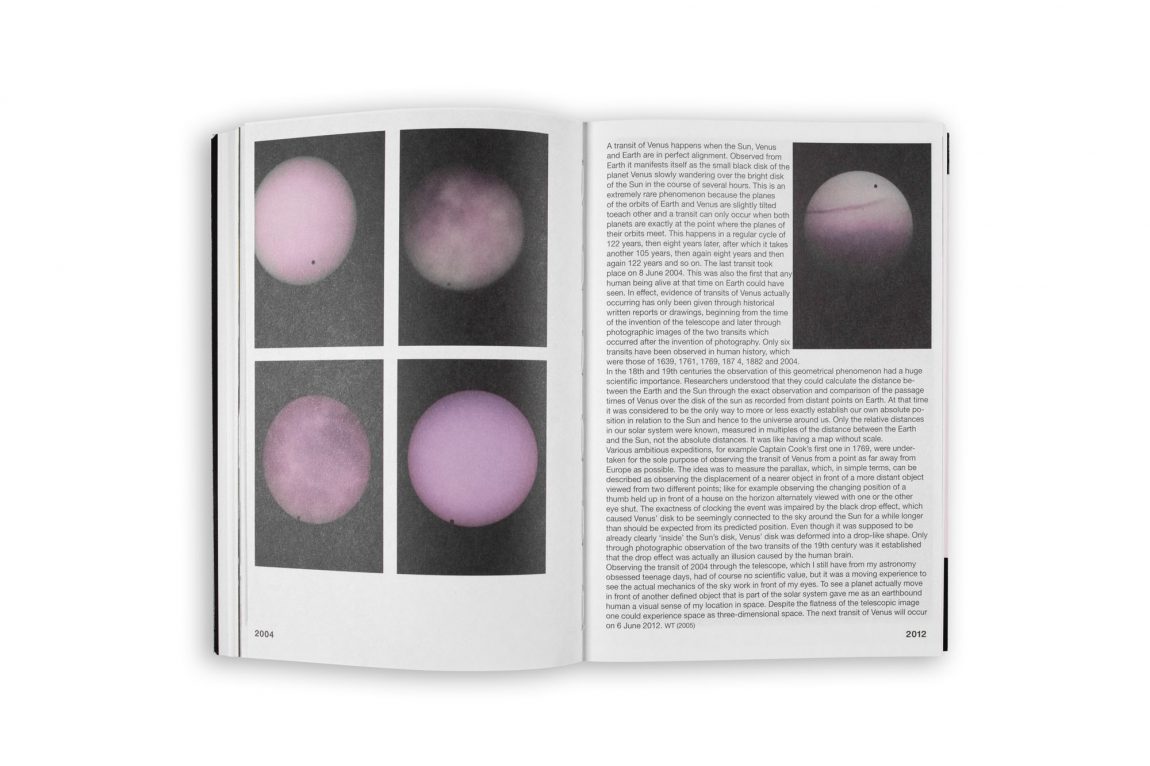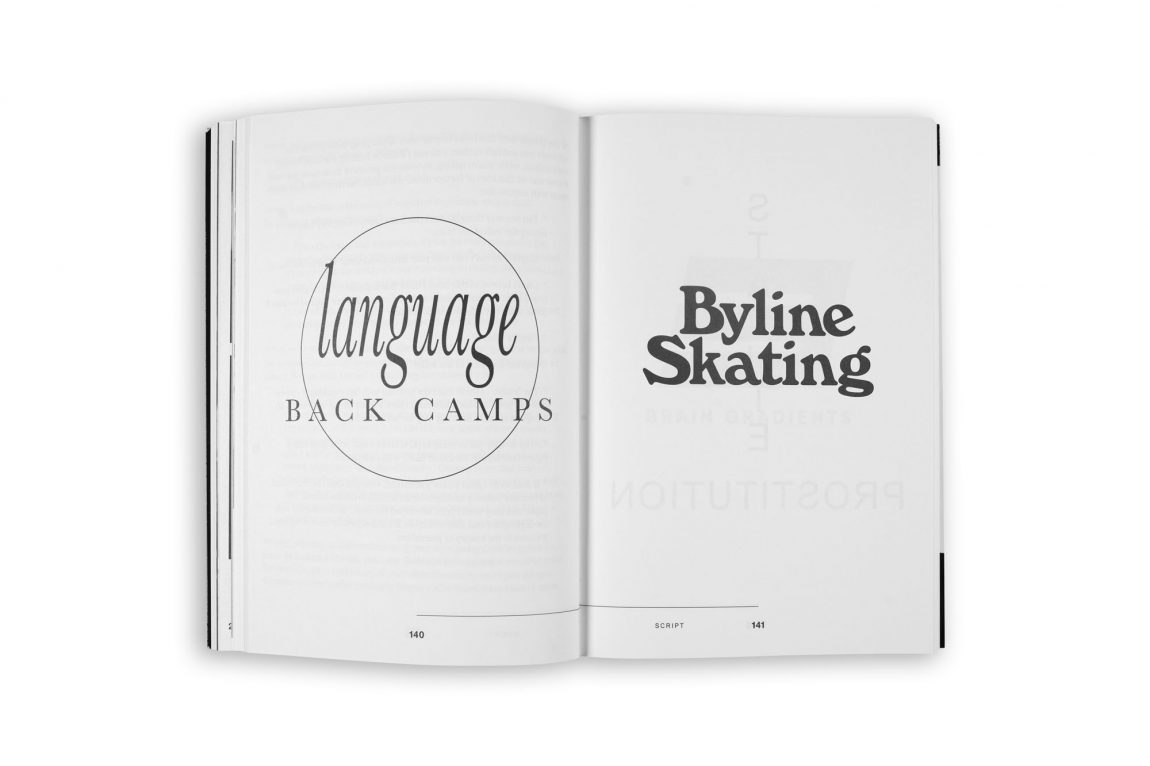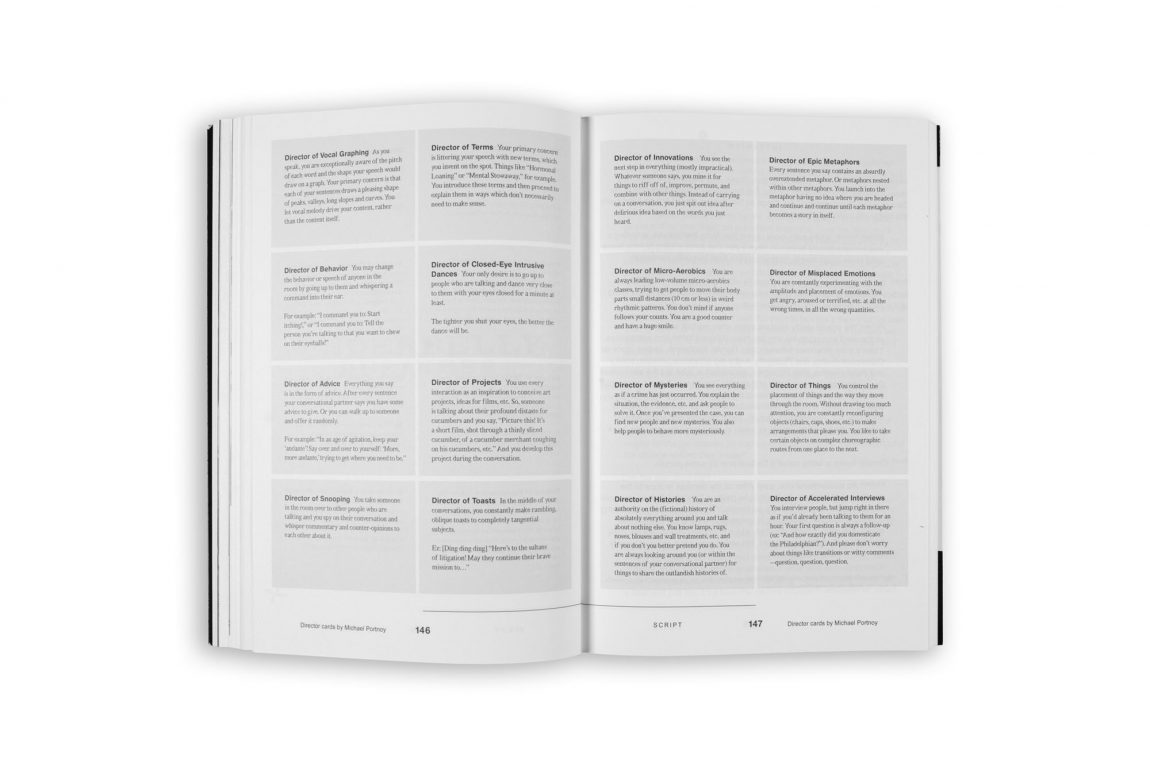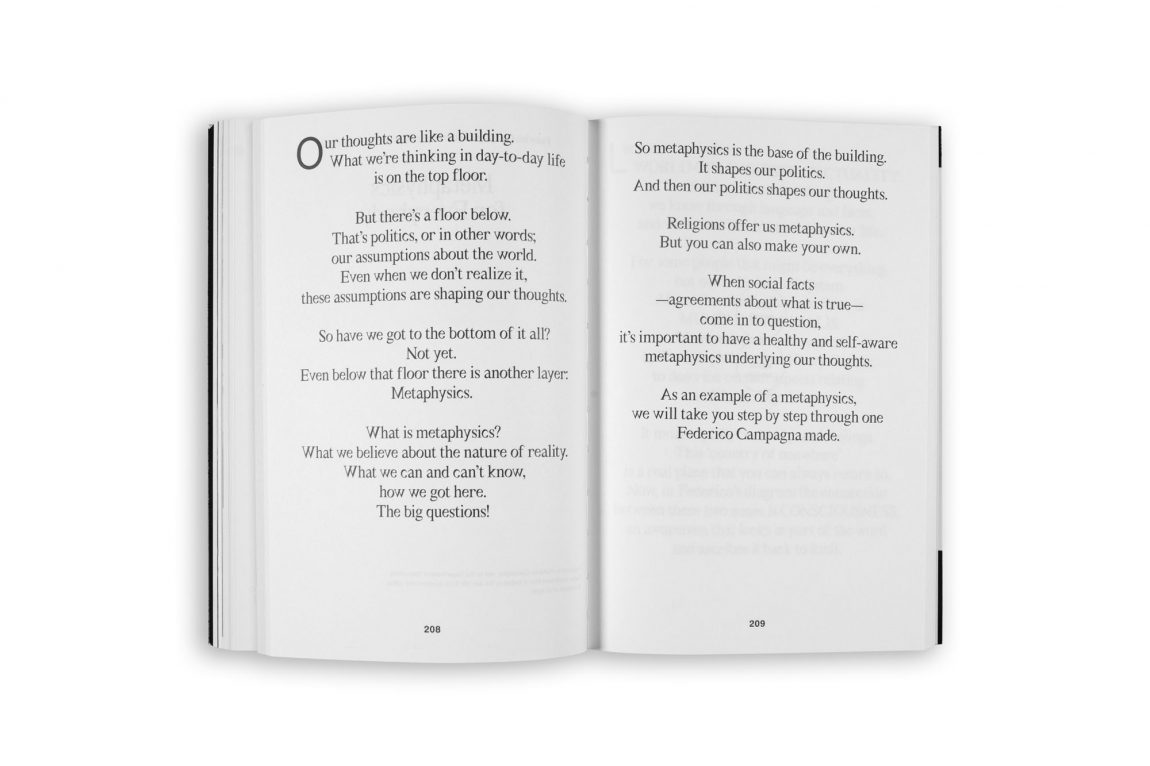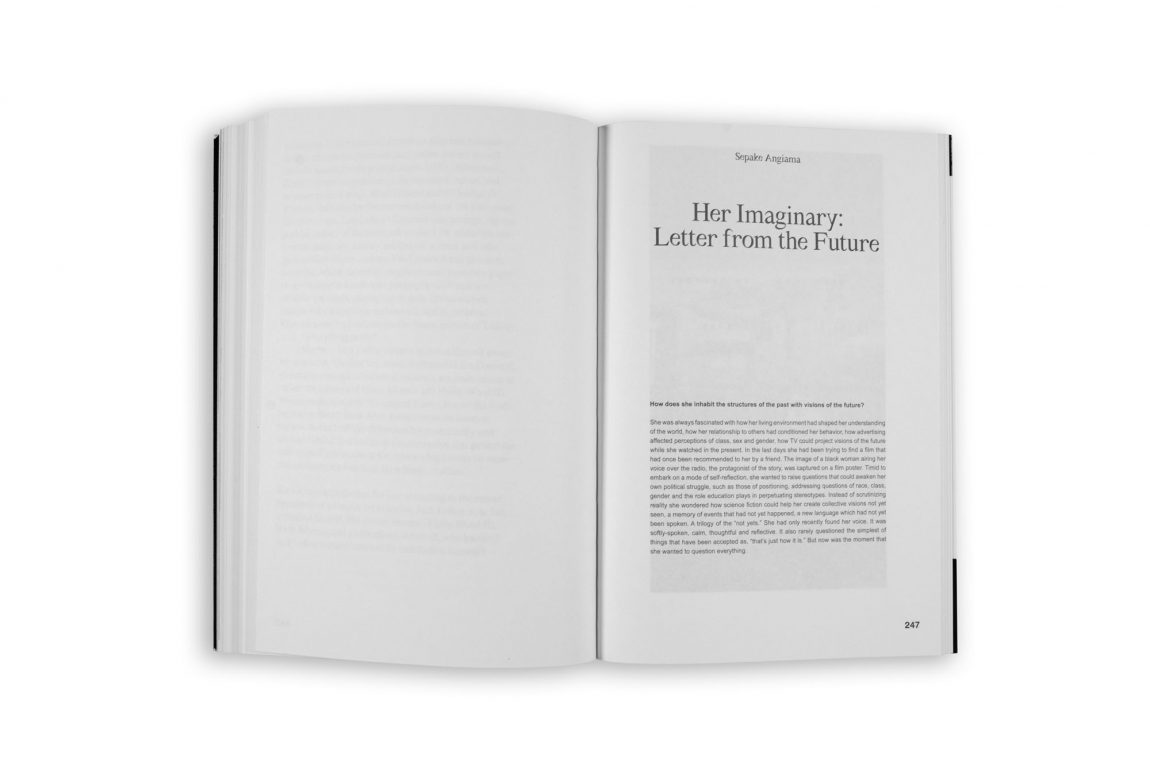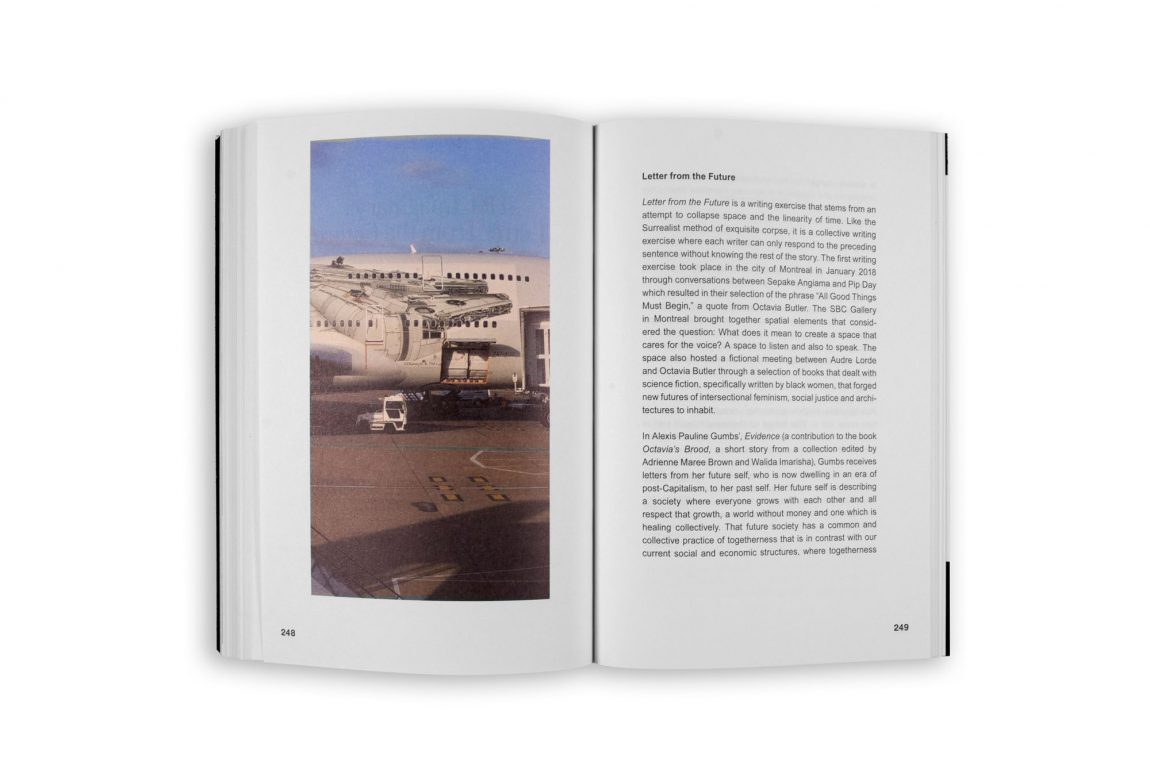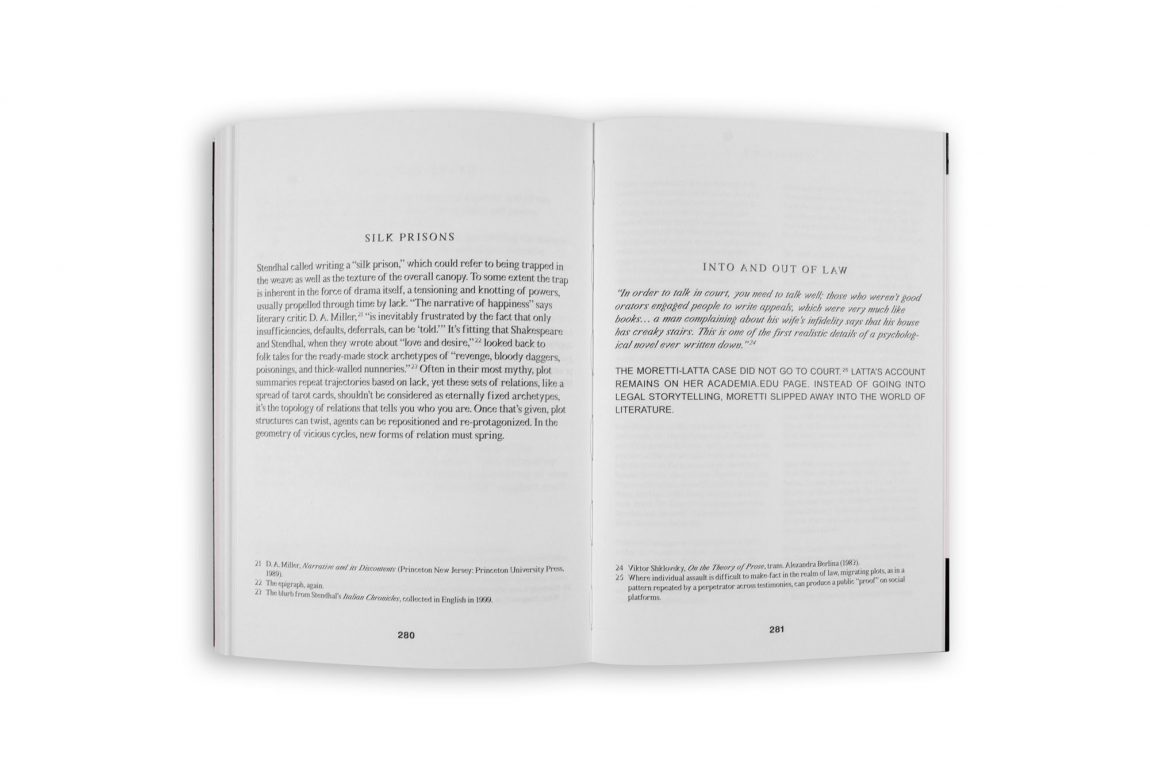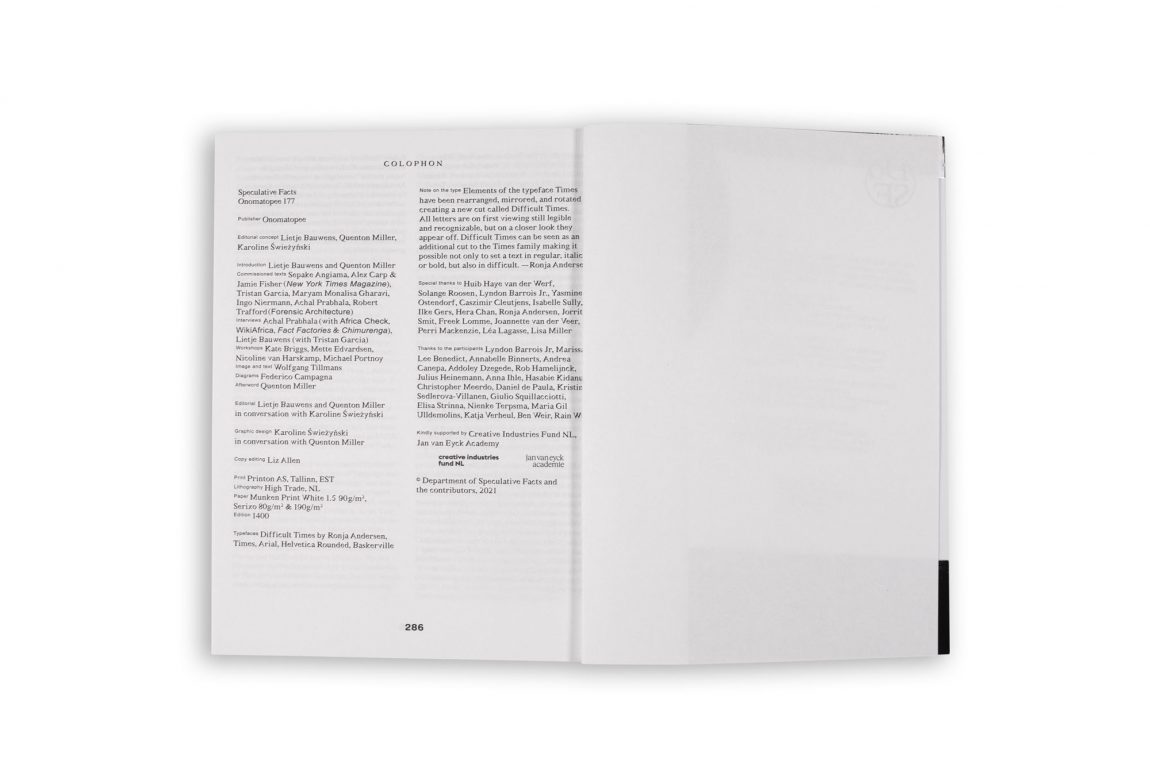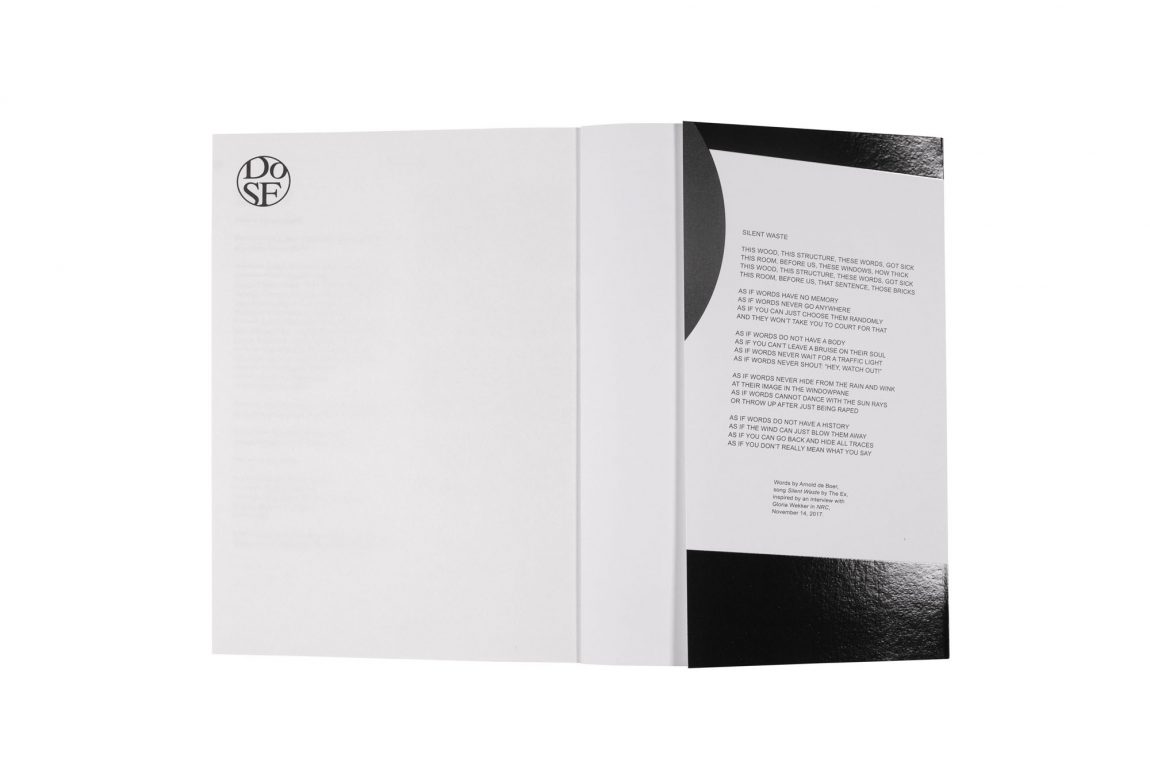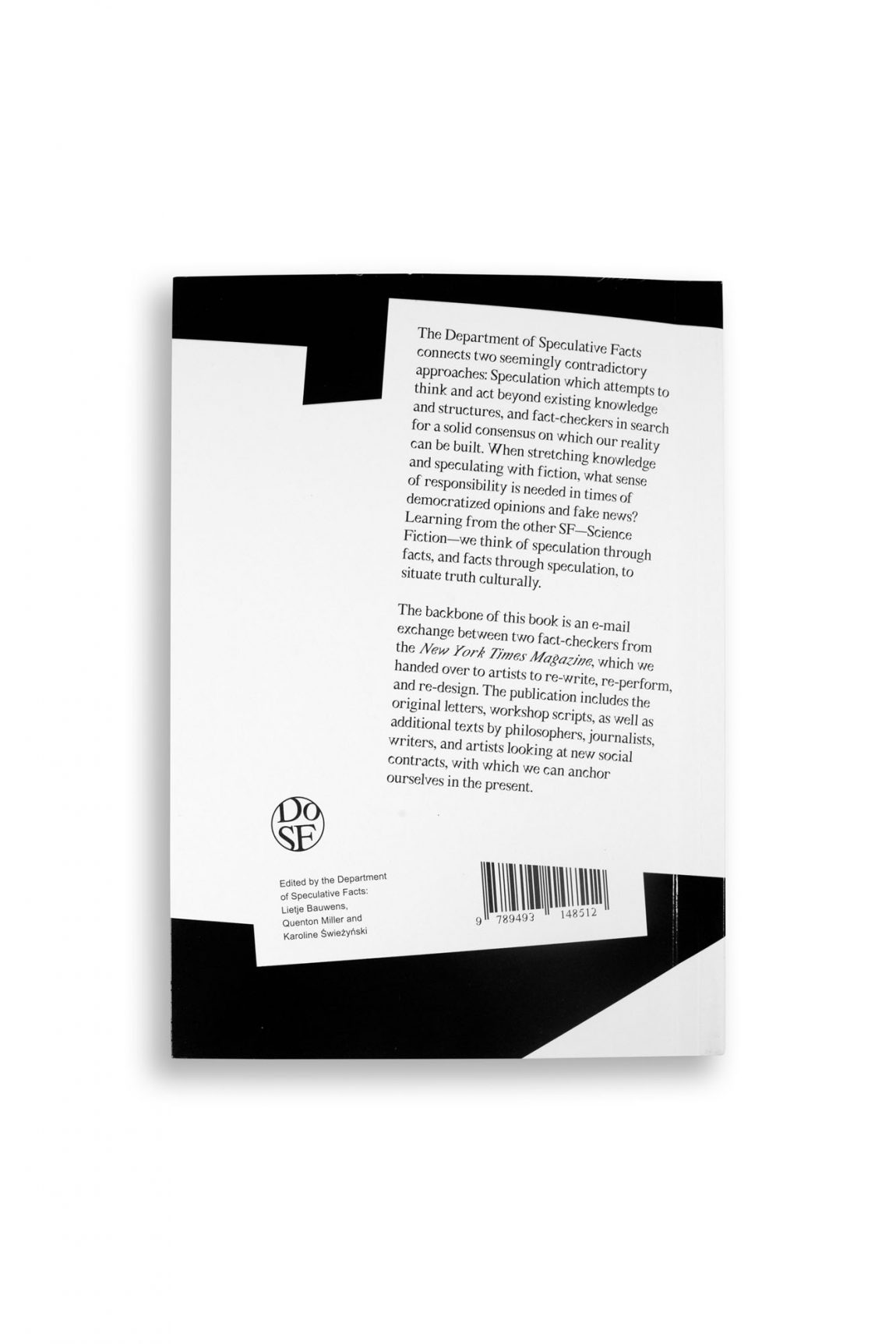How can we delve into the mechanism of and relation between fiction, speculation and facts? What does a fact mean? And what happens when you read (possible) facts? Together with The Department of Speculative Facts and writer and translator Kate Briggs we will delve into these and other questions.
In The Psychology and Physiology of Reading (1908), Edmund Burke Huey described a series of tests which demonstrated, for the first time, how very little we actually “see” when we read. The rest, he shows, is projection: a “throwing forward” of content by a consciousness that has been trained to fill in the gaps. Through a series of reading exercises (reading a range of altered texts, “factual” and “literary”) we will consider the implications of this physiological “fact”: if a substantial part of reading is, necessarily, something like educated guess-work, then how are we trained to guess? How might we train ourselves to guess otherwise? What new forms of attention might we pay to those instances where we would appear to have guessed wrong (to “misread”)? Our reading exercises will tip into writing exercises: if reading is a speculative action we perform on a text, a throwing forward of ourselves onto a content that we thought we were undertaking only to receive, how might we document this process? What new forms of reading and writing might we imagine to evidence and extend this process? And what new questions might they raise, or practices of reading might they suggest?
/ / /
Kate Briggs is a writer and a translator who also writes about the practice of translation. She teaches at the Piet Zwart Institute in Rotterdam.
/ / /
Admission is free
Maximum number of participants: 15
Write an email to merel@onomatopee.net with the subject title ‘Department of Speculative Facts Workshop’ to be sure of your spot.

